
❗Avoid Cloves If You Have These Health Issues – What Doctors Rarely Warn You About
Cloves are often hailed as a super-spice—and for good reason. These aromatic flower buds from the clove tree are rich in antioxidants, antimicrobial compounds, and especially eugenol, a natural compound with impressive anti-inflammatory and pain-relieving properties.
From enhancing the flavor of curries to fighting bacteria in the mouth, cloves seem like a natural cure-all. But like many potent natural remedies, cloves come with a catch: they’re not safe for everyone.
In fact, certain health conditions can turn this helpful spice into a harmful one. Below are 9 situations where cloves—or clove oil—should be used with extreme caution or avoided entirely.
1. 🔥 If You Have GERD or Acid Reflux
Cloves can worsen acid reflux symptoms. Why?
Cloves contain eugenol, which relaxes smooth muscles—including the lower esophageal sphincter (LES), the muscle that keeps stomach acid from rising into your throat. When this muscle relaxes too much, acid can leak upward, triggering heartburn, regurgitation, and that all-too-familiar burning sensation.
👉 Avoid if: You have GERD, frequent heartburn, or hiatal hernia.
🛑 Note: Clove tea and clove oil are especially concentrated and more likely to trigger symptoms.
2. 💉 If You’re on Blood Thinners or Have a Bleeding Disorder
Cloves are a natural anticoagulant, meaning they thin the blood—much like aspirin or prescription medications like warfarin (Coumadin).
For most people, that’s fine in moderation. But if you're taking blood thinners or have a bleeding disorder (like hemophilia or Von Willebrand disease), cloves can make you more prone to bruising, internal bleeding, or prolonged bleeding from minor injuries.
👉 Avoid if: You're on blood thinners, have a bleeding disorder, or are scheduled for surgery (at least 2 weeks before your procedure).
3. 🤧 If You Have a Spice Allergy
If you have a history of allergies to spices, particularly members of the Myrtaceae plant family (like eucalyptus or guava), you may be at risk for an allergic reaction to cloves.
Symptoms may include:
-
Skin itching or hives
-
Swelling (especially of the lips or throat)
-
Sneezing, wheezing, or trouble breathing
👉 Tip: Always do a patch test when trying clove oil for the first time—especially if you have sensitive skin or respiratory allergies.
4. 🤰 If You’re Pregnant or Breastfeeding
Cloves in small amounts (as a spice in food) are generally considered safe during pregnancy. But high doses, such as in clove tea, clove supplements, or clove oil, may not be.
-
In early pregnancy, eugenol may stimulate uterine contractions, increasing the risk of preterm labor or miscarriage.
-
While breastfeeding, eugenol may pass into breast milk and affect your baby’s liver function or digestion.
👉 Avoid if: You’re pregnant (especially in the first trimester) or nursing. Always consult your OB/GYN before using cloves medicinally.
5. 🧬 If You Have Liver Problems
Eugenol, while beneficial in small doses, can be toxic in large quantities—especially to the liver.
Studies have shown that excessive consumption of clove oil or clove supplements can lead to liver inflammation, oxidative stress, and even liver failure, particularly in people with existing liver conditions such as:
-
Fatty liver disease
-
Hepatitis
-
Cirrhosis
-
History of liver enzyme elevation
👉 Avoid concentrated clove oil or supplements if you have any liver-related condition.
6. 🧯 If You Have Stomach Ulcers or Gastritis
Cloves stimulate gastric secretions, which can aid digestion—but in people with gastric ulcers or chronic gastritis, this stimulation can irritate the stomach lining and worsen pain, bloating, or acid attacks.
You might think cloves would soothe your gut, but in these cases, they may do the opposite.
👉 Avoid clove tea or clove capsules if you have a history of ulcers or persistent gastric irritation.
7. 🩸 If You Have Low Blood Sugar (Hypoglycemia)
Cloves may help regulate blood sugar levels—a benefit for people with type 2 diabetes. But if you’re prone to hypoglycemia (low blood sugar), cloves could drop your glucose too far, leading to symptoms like:
-
Dizziness
-
Fatigue
-
Shakiness
-
Confusion
-
Fainting
👉 Monitor your levels closely if you take insulin or other glucose-lowering medications.
💡 Note: If you're managing diabetes with medication, talk to your doctor before using clove supplements.
8. 🚱 If You Have Kidney Conditions
Like the liver, the kidneys also filter eugenol and other compounds found in cloves. High doses—especially in clove oil or concentrated extracts—can put additional stress on compromised kidneys.
For people with chronic kidney disease (CKD) or a history of kidney inflammation, this added stress may worsen kidney function or slow recovery.
👉 Stick to small culinary amounts, and skip clove supplements unless your doctor approves.
9. 🚫 If You Have Sensitive Skin (Topical Use of Clove Oil)
Clove oil is highly concentrated and extremely potent. When applied directly to the skin—especially delicate areas like the face or gums—it can cause:
-
Burning
-
Stinging
-
Redness
-
Rashes
-
Blistering (in severe cases)
👉 Always dilute clove oil with a carrier oil (like coconut or jojoba oil) before applying it to the skin or gums. Never use on open wounds or near the eyes.
🦷 Pro Tip: For toothache relief, mix 1 drop of clove oil with 1 teaspoon of coconut oil before dabbing on the gums.
✅ The Bottom Line: Cloves Are Powerful—But Not for Everyone
Cloves offer a host of health benefits, from pain relief and digestion support to fighting bacteria and improving oral health. But for certain individuals, even this natural remedy can have unexpected and harmful side effects.
⚠️ You should avoid or limit cloves if you:
-
Have acid reflux, ulcers, or gastritis
-
Take blood thinners or have a bleeding disorder
-
Have liver or kidney conditions
-
Are pregnant or breastfeeding
-
Are prone to low blood sugar
-
Have spice allergies or sensitive skin
👩⚕️ Final Advice: When in Doubt, Talk to Your Doctor
Natural doesn’t always mean safe for everyone. Just because cloves are available over the counter doesn’t mean they’re risk-free.
👉 If you’re using clove oil, supplements, or drinking clove tea regularly, make sure to:
-
Use moderate amounts
-
Buy from reputable sources
-
Consult your healthcare provider, especially if you have any underlying health conditions or take prescription medication
💡 Remember:
Sometimes, the healthiest choice is knowing when to say no—even to something as seemingly harmless as a spice.
News in the same category


Secrets of Companion.Tomatoes Hate Cucumbers.Planting Combinations.

8 Collagen-Boosting Veggies to Ease Leg and Joint Swelling

Mugwort Plant: Benefits, Properties, and Uses

Purslane: The Superfood That Tastes Better Than Meat – 7 Reasons to Grow It in Your Garden

🌿 Oregano: Nature’s Small but Mighty Healer

Top 3 Ways to Treat Tooth Decay with Guava Leaves – Simple and Cost-Effective

Turmeric, Cuban Oregano, and Banana Drink: Natural Remedy for High Blood Pressure, Diabetes, and Poor Circulation

Goldenberry: 17 Powerful Health Benefits for Older Adults.

How to Keep Supermarket Basil Alive and Thriving

The Secret Power of Plantago Major that no one knows

Mimosa Pudica: Medicinal Value and Uses
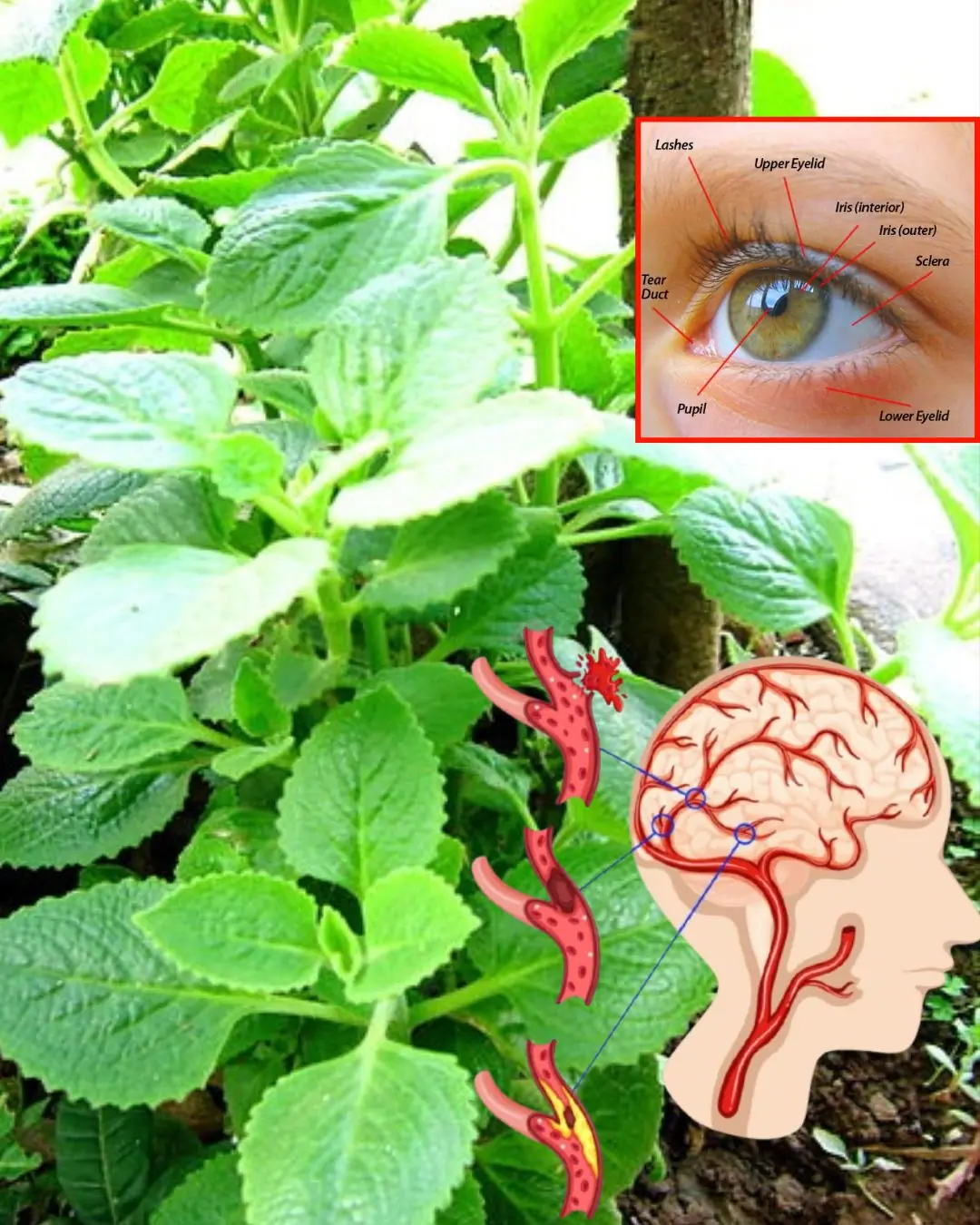
"The best plant for eyesight 👀 and much more… See more in the first comment."

Discover Garden Gold: Dandelion’s Hidden Power

The Power of Chanca Piedra: 10 Benefits and Uses
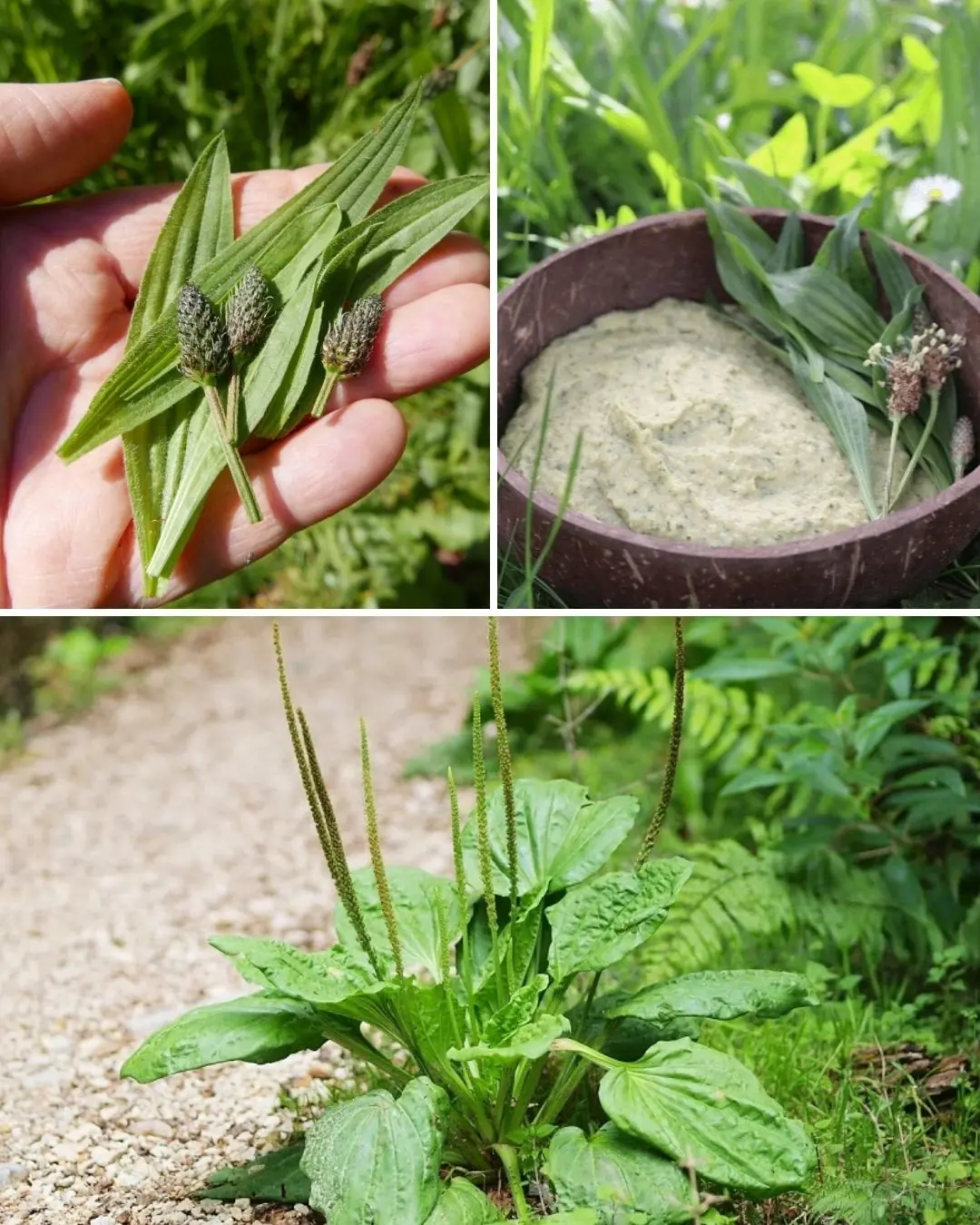
The Incredible Benefits of Plantago lanceolata and How to Use It
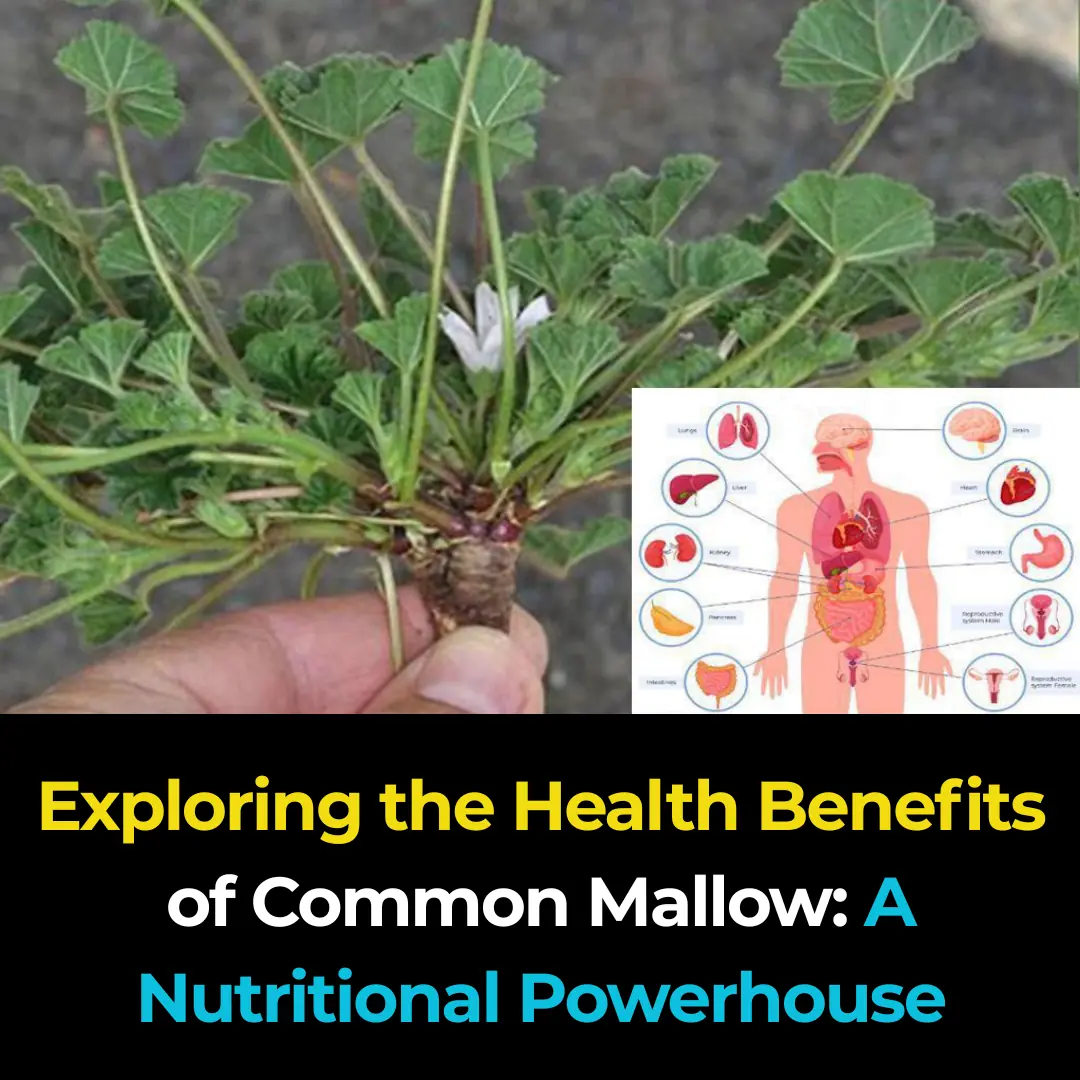
Exploring the Health Benefits of Common Mallow: A Nutritional Powerhouse
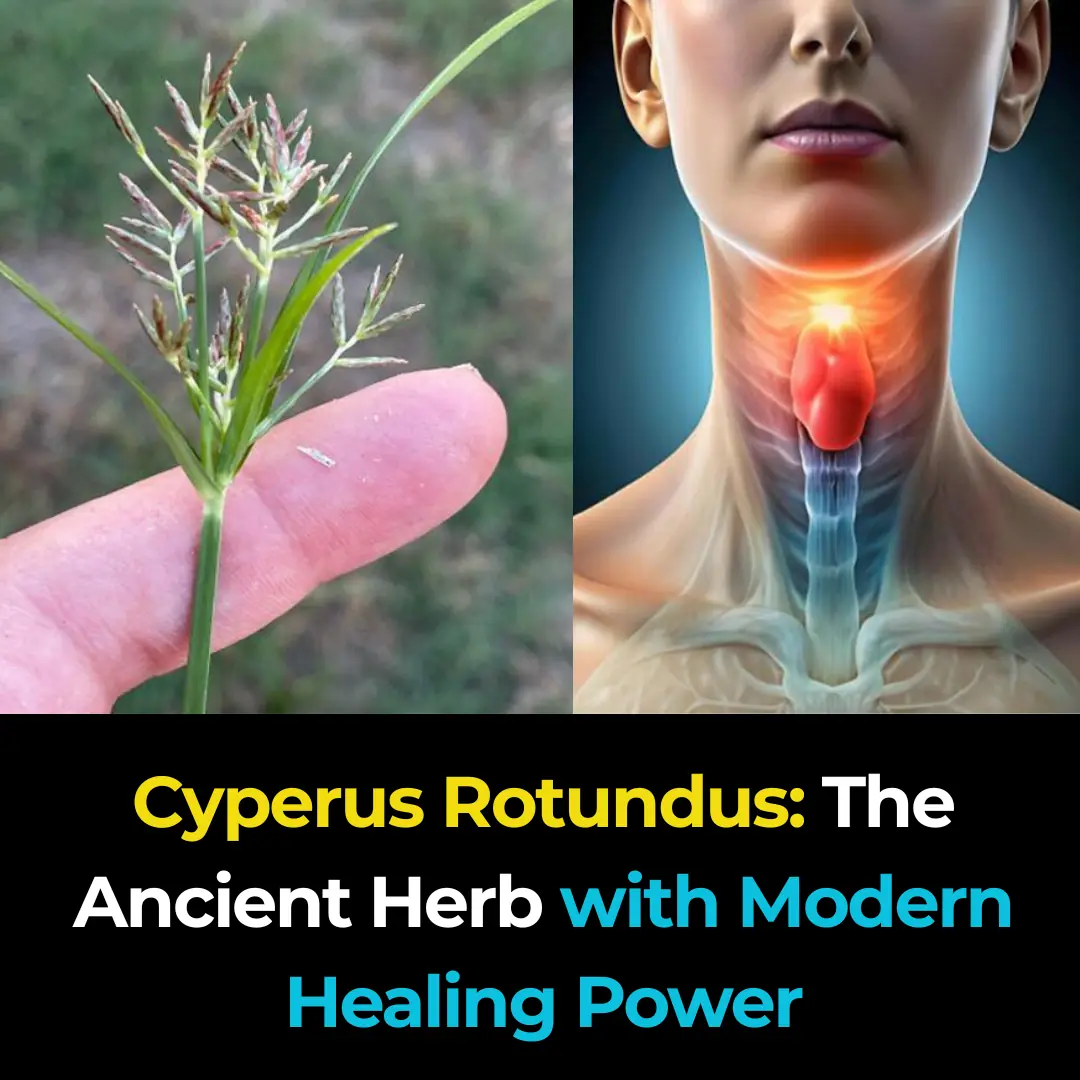
Cyperus Rotundus: The Ancient Herb with Modern Healing Power

2 Cloves a Day Trigger Irreversible Changes in Your Body — Especially After 40
News Post

Golden tips for choosing ham: Identify borax with a simple, absolutely safe method
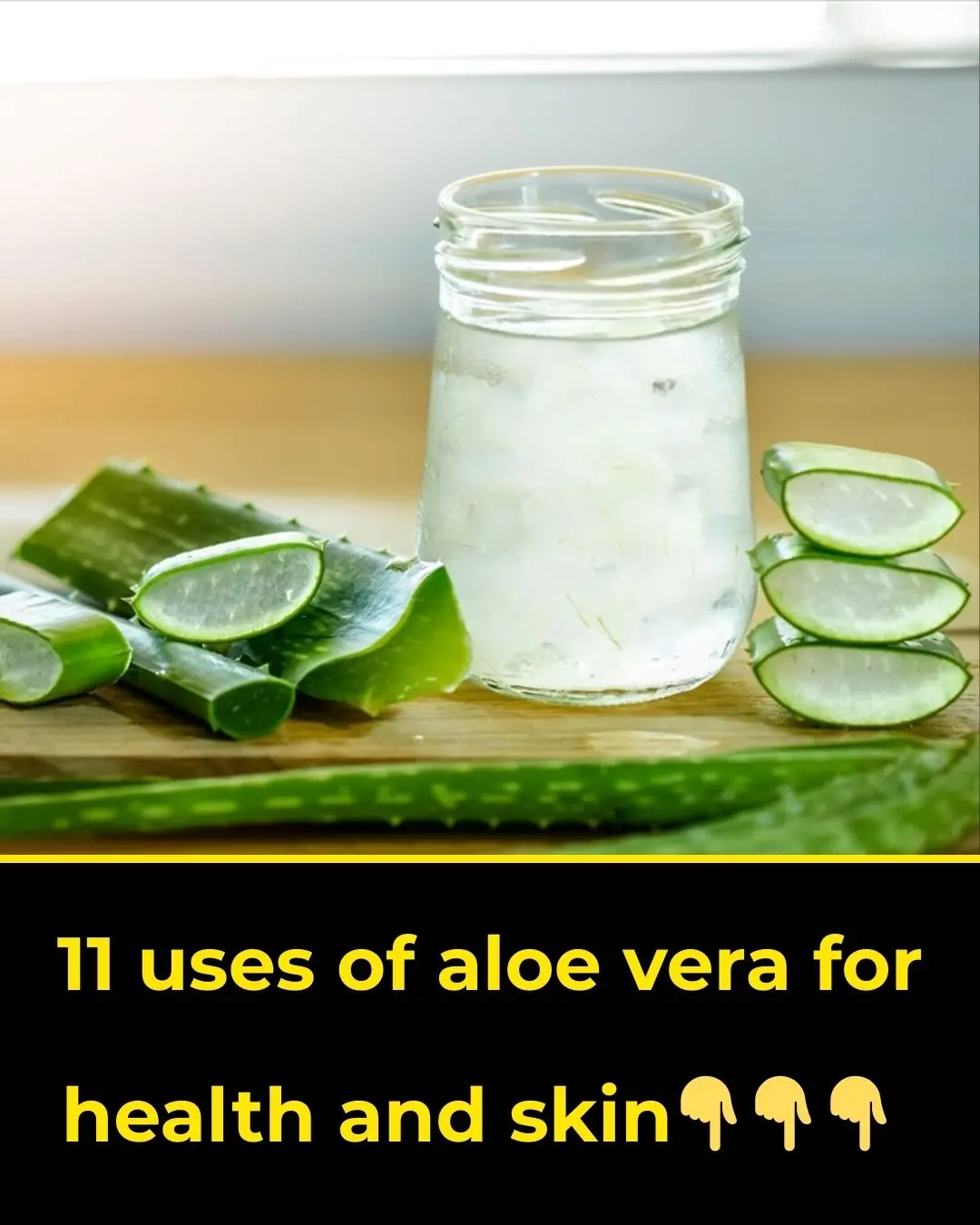
What are the benefits of aloe vera? 11 benefits of aloe vera for health and skin

Smart Travelers Always Photograph Their Luggage Before Checking It In — Here’s Why

The Last Part of the Pig But One of the Most Beneficial

When Goosebumps May Be a Warning Sign
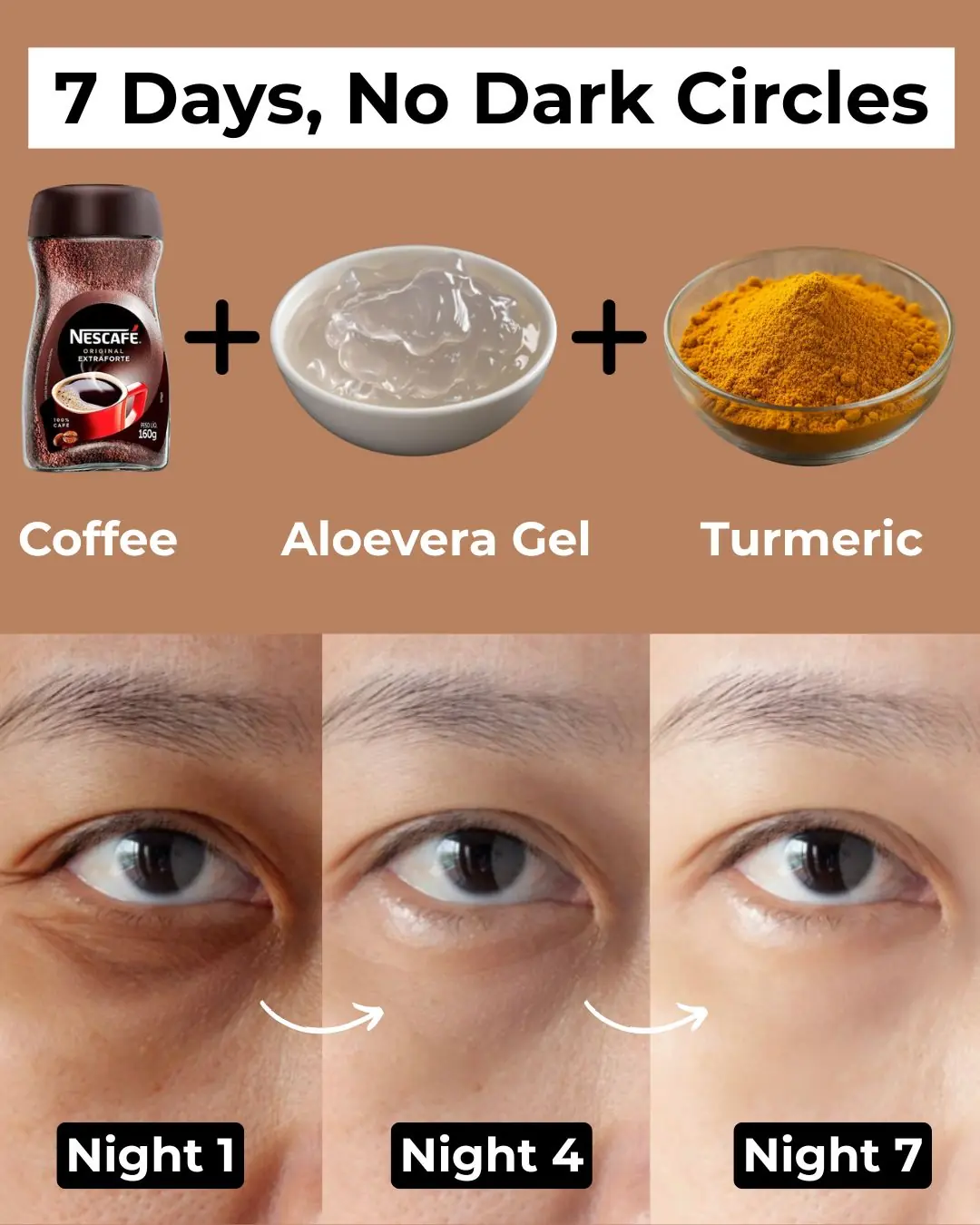
6 Coffee Eye Masks to Get Rid of Dark Circles | Under Eye Wrinkles | Eye bags & Puffy Eyes

What Happens To Your Blood Pressure When You Eat Bananas

Why Your Hands Go Numb While You Sleep
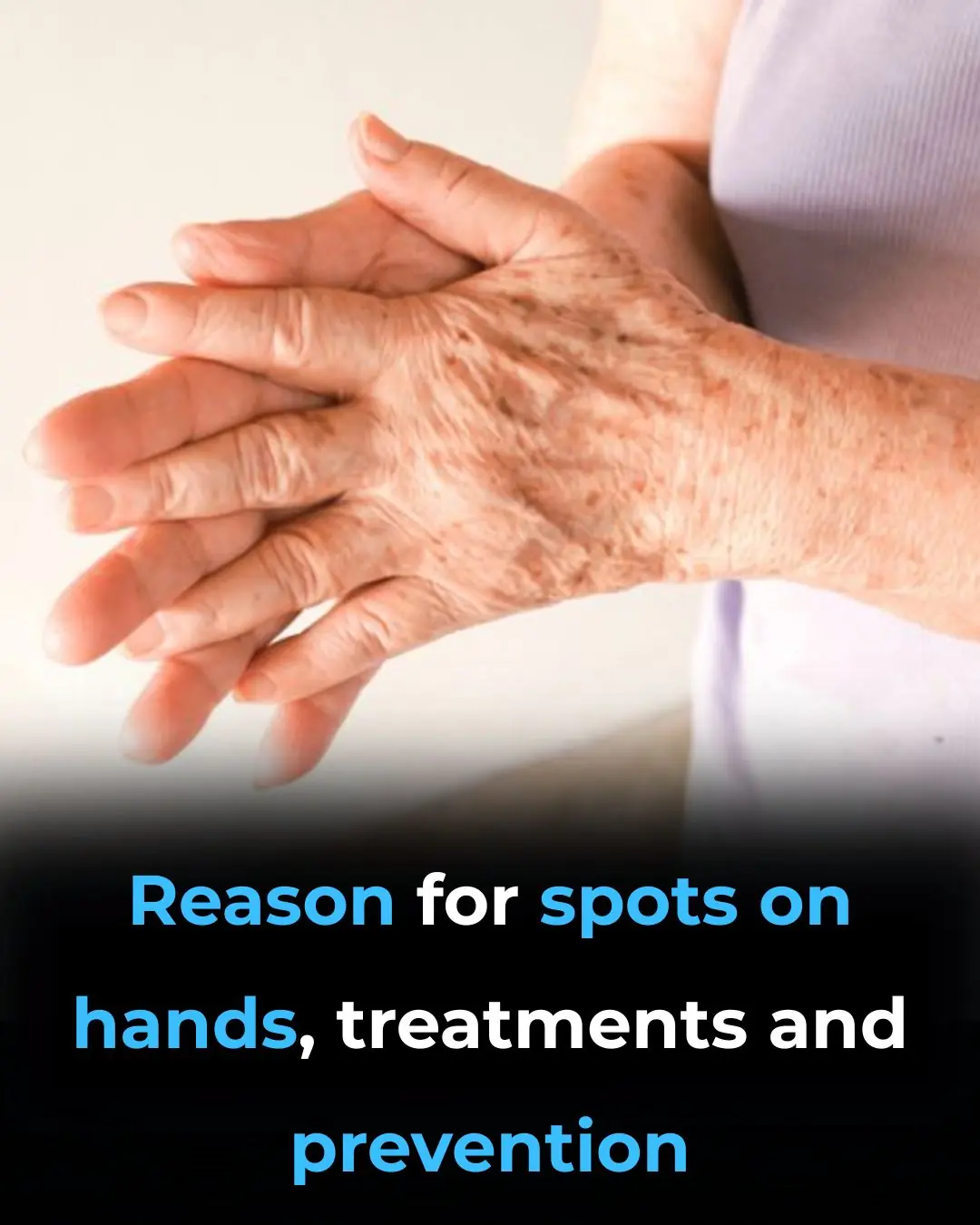
Reason For Spots On Hands

Easy Clove Growing: Seed to Spice

Clove Oil: Wrinkle Free Flawless Skin At Any Age

Here Is What Your Poop Says About Your Health

Secrets of Companion.Tomatoes Hate Cucumbers.Planting Combinations.
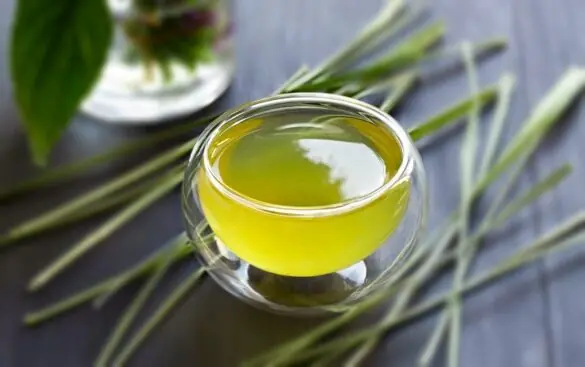
Reverse Hair Greying – Turn White Hair to Black
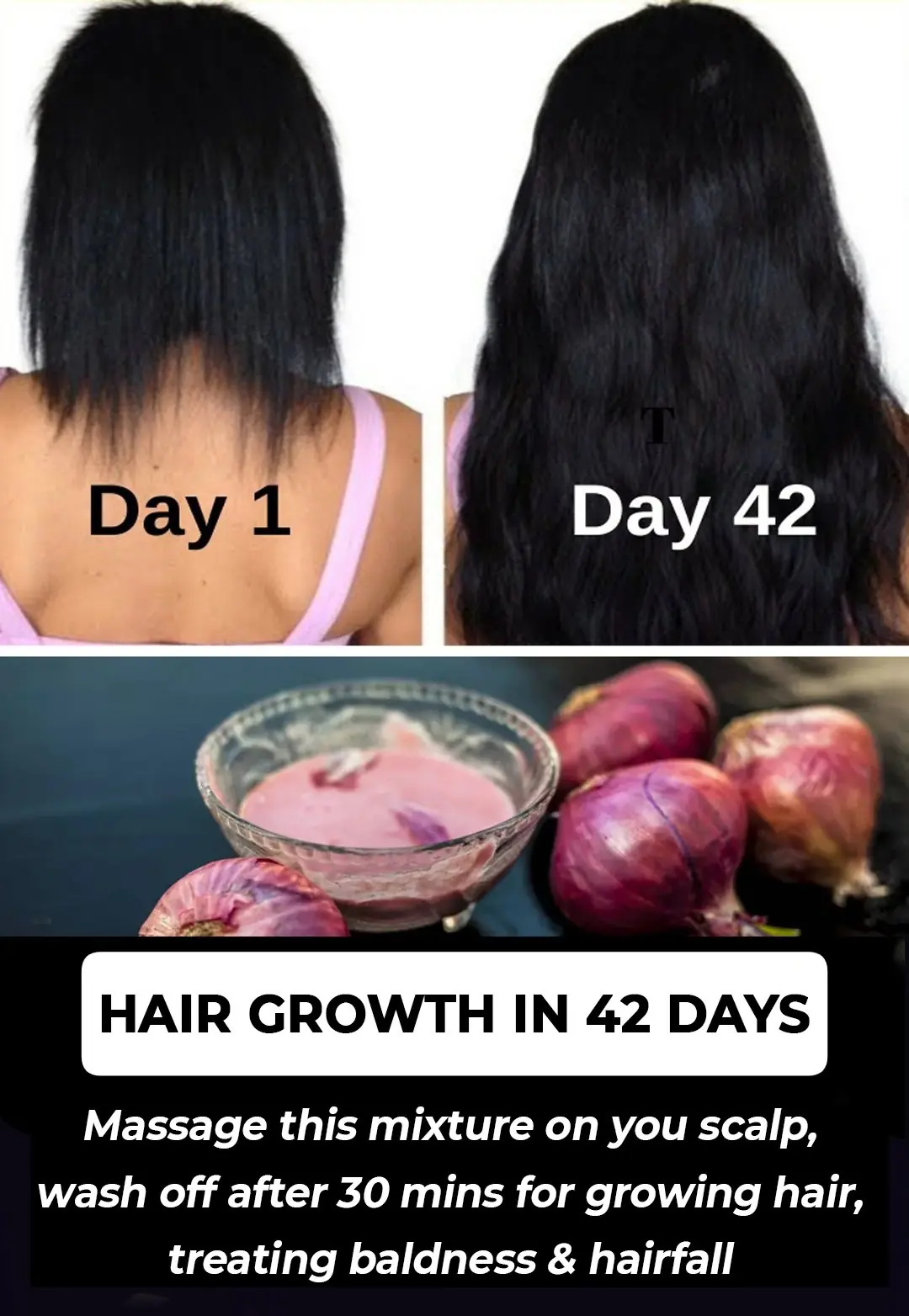
Secret Benefits of Onion Juice for Hair You Didn't Know

European Apple users left 'speechless' at price increases for iPhone 17

Tesla engineer quits company after 8 years with scathing message for Elon Musk on way out

Effective Methods to Keep Ginger Fresh for Extended Periods

